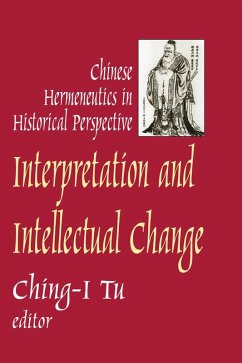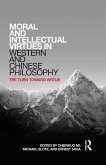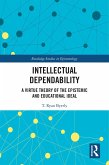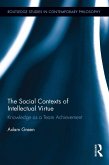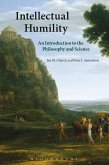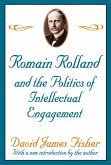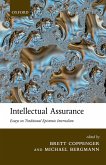The volume is divided into six parts, corresponding to the six major periods of intellectual change in traditional and contemporary China. Part 1 considers the foundational period of Chinese hermeneutics, examining Confucian classics such as the Analects, Mencius, and the Book of Odes. Part 2 traces the broadening of the hermeneutic tradition from Confucian classics to the military canon, political discourse, astronomy, and Buddhist exegesis from the Han to the Chinese Middle Ages. In Part 3 the focus is on Zhu Xi's monumental synthesis and redefinition of the Confucian tradition at the beginning of the early modern period. His vision of Confucian thought remained influential throughout the imperial period, and his interpretations of the Confucian classics became state orthodoxy starting with the thirteenth century. Part 4 focuses on this challenge and discusses the intellectual changes that took place during the late imperial period and their profound effects on Chinese hermeneutics. Part 5 documents the challenges to traditional Chinese hermeneutics in the modern era and the emergence of a new, critical hermeneutics in the beginning of the twentieth century. The volume concludes with Part 6, which explores Chinese hermeneutics from a comparative perspective and identifies its distinctive features.
The understanding of Chinese hermeneutics gained from these essays is that of a dynamic plurality of traditions that has endured into the twentieth century and continues to shape contemporary intellectual debates.
Dieser Download kann aus rechtlichen Gründen nur mit Rechnungsadresse in A, B, BG, CY, CZ, D, DK, EW, E, FIN, F, GR, HR, H, IRL, I, LT, L, LR, M, NL, PL, P, R, S, SLO, SK ausgeliefert werden.

